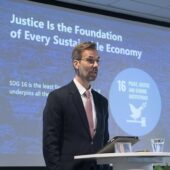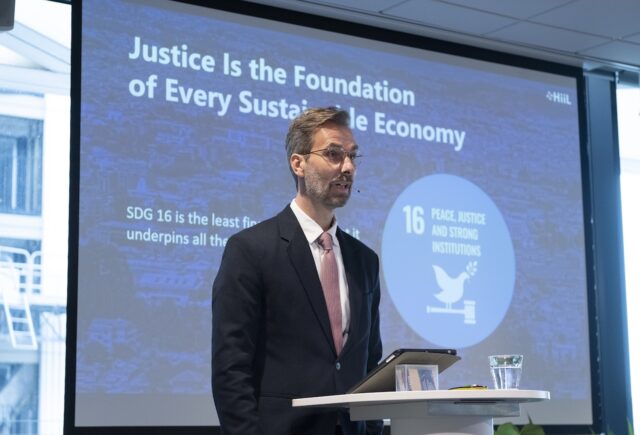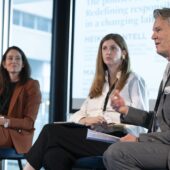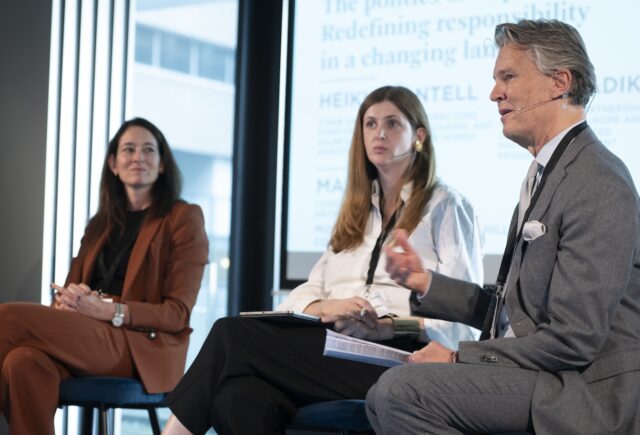This book includes plenty of useful information for academics interested in generating impact from their research. But it is mainly focused on securing funding and less so on measuring impact, writes Christopher Walker
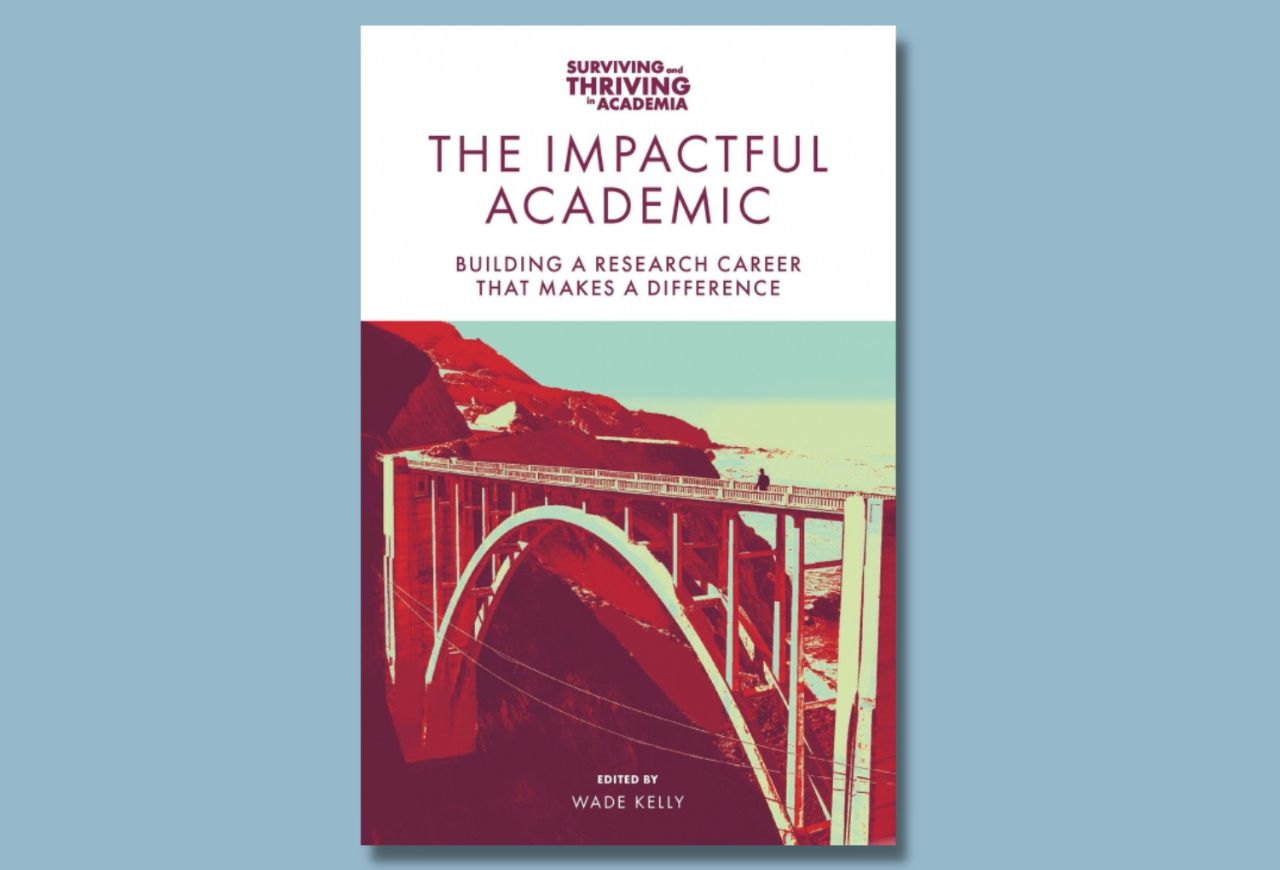
In brief
- Impact has reached academia and education is changing, perhaps most positively in moving away from deliberately convoluted and obscure language, something this book does
- The book aims to offer comprehensive advice for academics to achieve impact from their research
- Unfortunately most of the focus is on securing funding, with plenty of useful information on how to get it, with not enough attention paid to impact measurement
“I firmly believe that impact is a team sport,” says Wade Kelly the editor of ‘The Impactful Academic’. His guidebook for academics seeking to make impact very much sets out to prove that, and he has himself assembled an impressive team of them with a strong emphasis on universities in the UK, Canada, and Australia.
Contributors include stars like Professor Andrew Hill of Victoria University Melbourne, who observes that during his career as a biomedical researcher, and now as a research administrator, he has seen “impact increase in prominence”.
The authors testify how “education is changing” and how “there is a place in the academy for the impactful academic”.
Overcoming the language barrier
How the academic profession loves cant. Kelly won me over when he admitted they “tend to get bogged down in language. Various disciplines and regions will use different phrases to describe similar things”. Spot on.
Instead, he is dedicated to seeking a “broad readership” and ensuring “the content is very accessible”. No doubt this comes from his experience of running something called “Nerd nite” for nine years. He says he worked with dozens of academics at various stages in their careers putting together twenty minute “nerdy talks” explaining their subject to a more general audience over drinks.
This experience has been put to good use, and the language is indeed very accessible. For example, Kelly says: “I work with multiple disciplines and find ‘stakeholders’ a flexible catchall. So, I’ll use it here. For some researchers, it might be ‘end-user,’ ‘next user’ or ‘consumer’. It might be a ‘partner’, ‘collaborator’ or ‘patient’ for others. The label you give to the people or groups you engage with is not paramount ; your relationship with your stakeholders is what matters.”
Perhaps the only exception is an essay by Lauren Albrecht and Catherine Scott on “KMb” which is apparently academic speak for something called “knowledge mobilization”. You can imagine.
“Can I have some more please…”
Less attractive is the impression that emerges from this book that the motivation for “being impactful” is overwhelming about getting grants for your academic research, rather than the impact itself.
Ok, maybe it’s not just grants, but as the title suggests “building a research career”. As Kelly observes, academics “want to know the silver bullet to ensure that they get that grant and continue building their track record”.
Hill adds an even broader dimension: “The increasing use of impact in grant applications, institutional strategies, and national assessment schemes means researchers and institutional administrators need to become more ‘impact literate’ and build impact into their planning and assessing research activities.”
Of course this is fine when what we are talking about is better articulating an impact that was already there. So going back to his ‘Nerd nite’ experience, Kelly relates the example of one mid-career academic he helped make realise “for years she was telling the wrong story to funders. The funds started rolling in when she focussed on the human story and her research’s potential to change lives”.
But I was left with the distinct impression that academics are not altruistic. That cannot be right.
Guidebook for …more funding
Perhaps this is because the target audience includes new entrants to the profession. As such this can sometimes come across as a guidebook for those with inexperience of the real world. Do academics really need to be told the importance of building your presence online, or that a good way to start networking is to invite people for a coffee?
Having said that, there is plenty of practical advice, most particularly in a chapter by Canadian academics (David Phipps et al) entitled ‘Demonstrating Impact – Considerations for Collecting and Communicating the Evidence of Impact’. It comes with incredible detail, including templates and lists of questions you should ask to demonstrate your impact.
I use the word “demonstrate” deliberately. Interestingly, the authors put emphasis on the fact that “we are not going to ask you to measure the impact of your research” since this implies a quantitative method. Whilst impact measurement may not exactly “be the Wild West,” the authors say it is an undecided science, so best to stick to “case study or narrative…as an appropriate unit of assessment.”
Rather confusingly they then go on to say, “we will not even ask you to assess your impact, because an assessment implies a comparison between yours and somebody else’s impact”. Isn’t that perhaps what funders might want?
In his well-written conclusion Kelly tells us it’s important to keep impact on track despite “the relentless pressure to attract more funding”. Quite.
